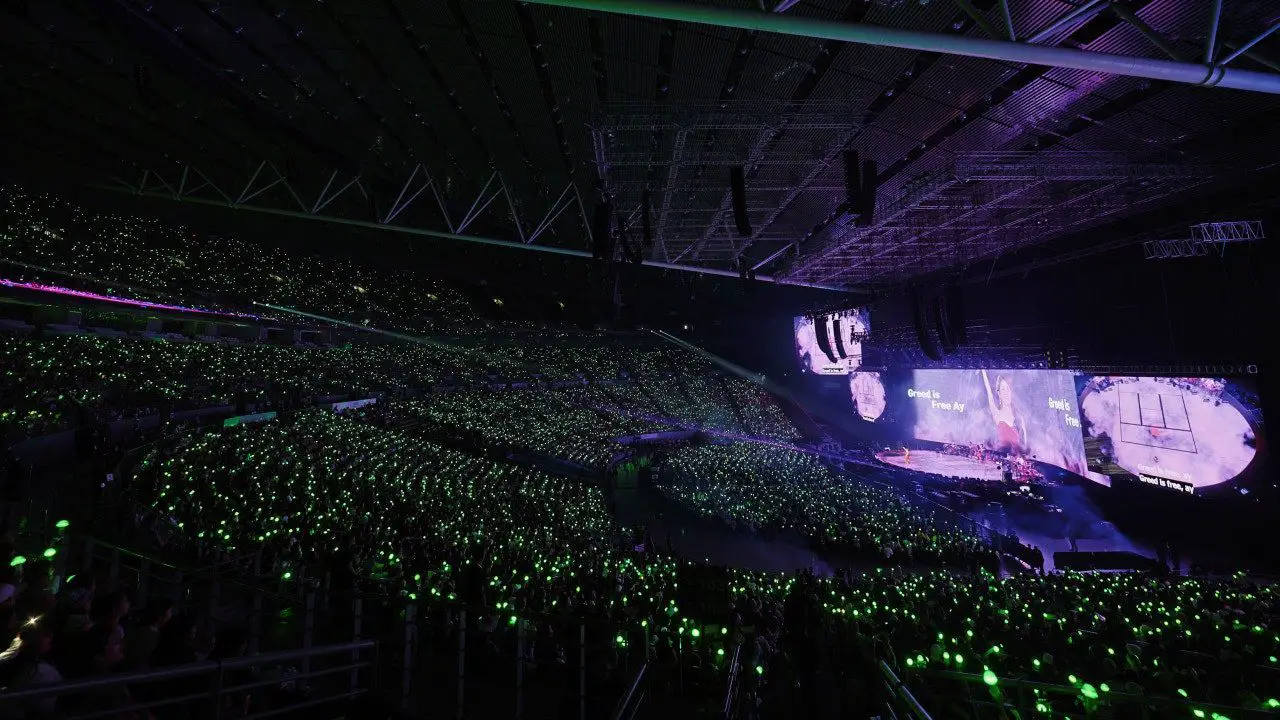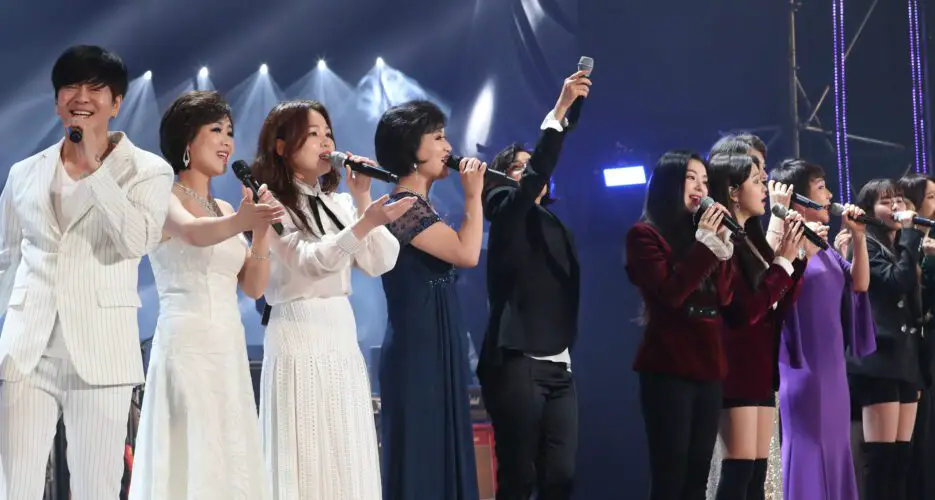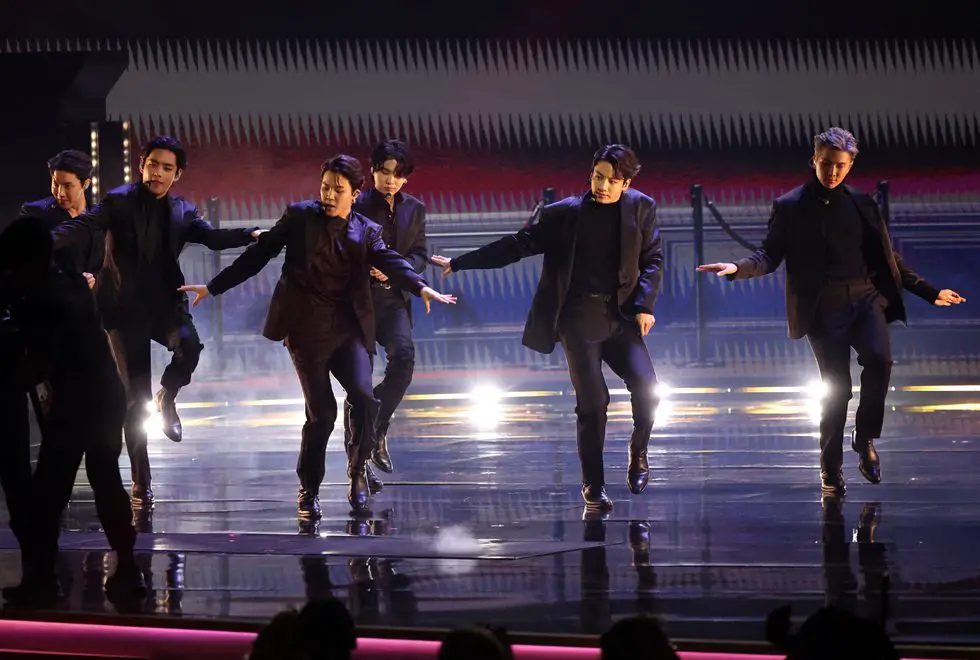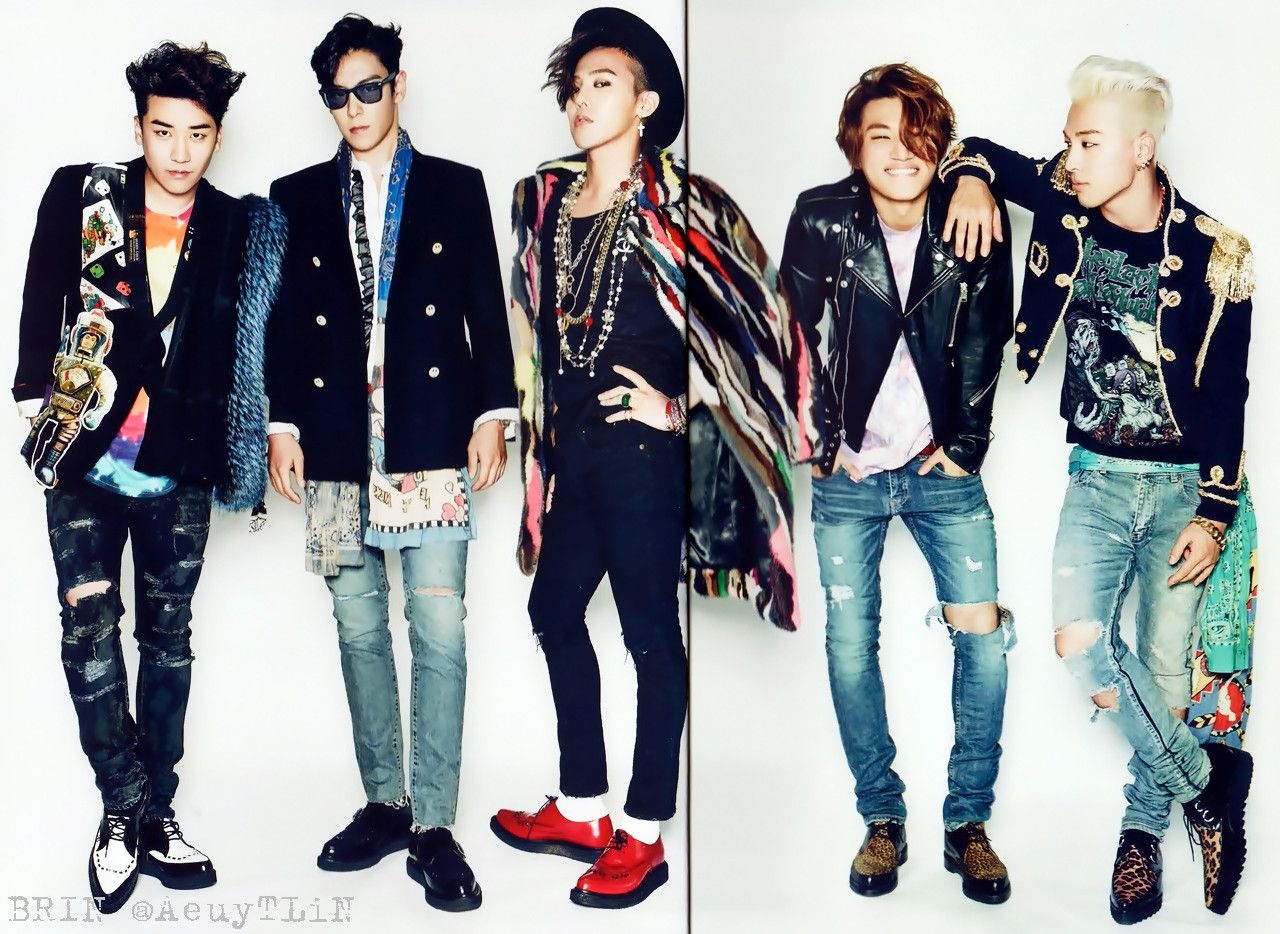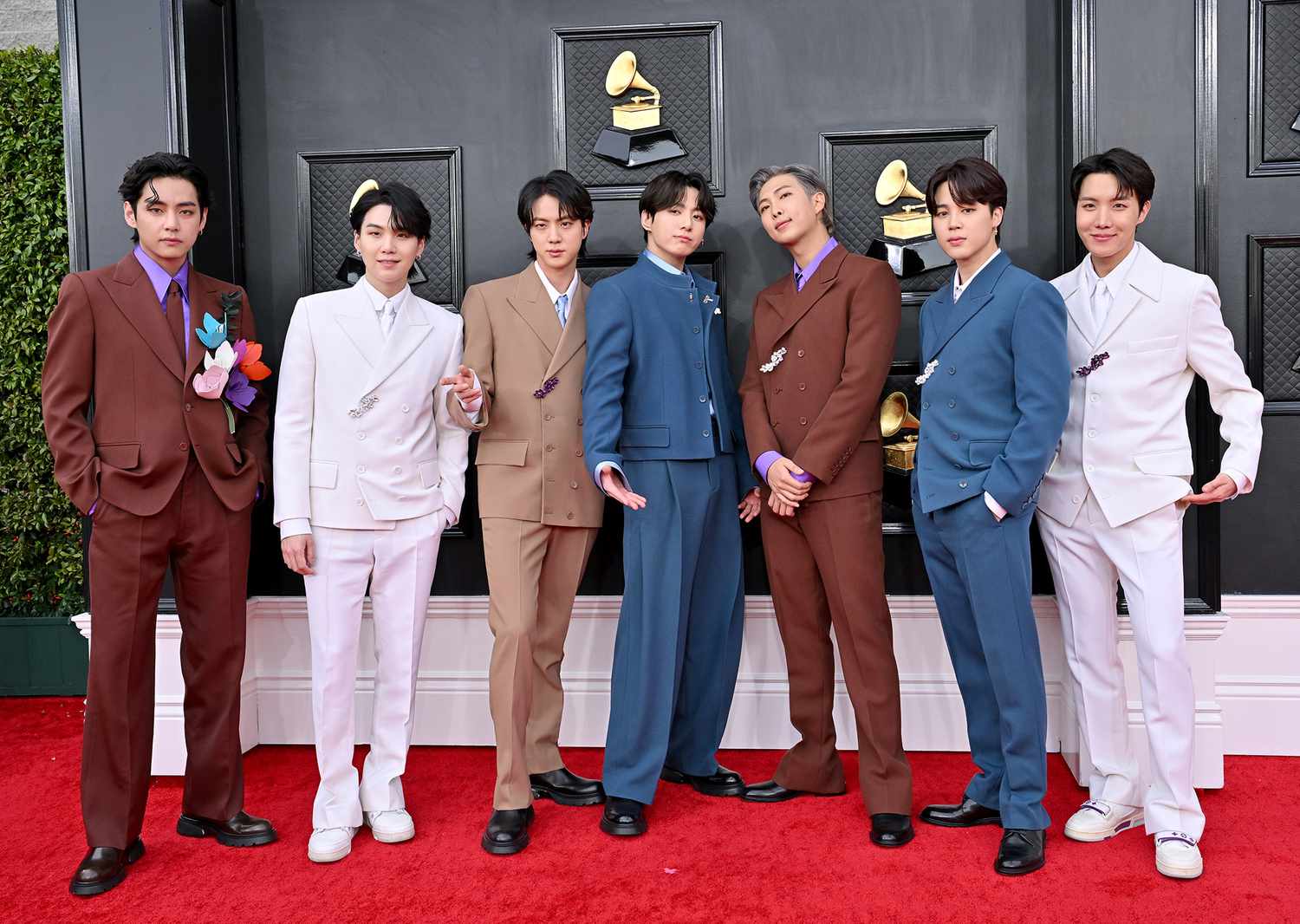Behind the Scenes: Exploring the Realities of the Korean Music Industry
The glitz and glamour of the K-pop industry often overshadow the harsh realities and challenges faced by its idols. From intense training regimens to relentless pressure to succeed, the Korean music industry presents a complex and demanding environment that shapes the lives of K-pop idols in profound ways.
Intense Training and Preparation
Behind every K-pop idol’s polished performance lies years of rigorous training. Trainees undergo extensive vocal, dance, and language lessons, often starting from a young age. Companies like SM Entertainment, YG Entertainment, and JYP Entertainment select trainees through auditions, where hopefuls compete for coveted spots in debut groups.
Training schedules are notoriously grueling, with trainees sometimes practicing for more than 12 hours a day. The pressure to perfect choreography, maintain vocal proficiency, and adhere to strict beauty standards can take a toll on mental and physical health.

Debut Pressures and Expectations
The journey from trainee to debut artist is highly competitive and uncertain. Trainees face constant evaluation and the risk of being cut from the program if they fail to meet company standards. Those who do debut often face immense pressure to achieve success quickly, with debut albums and performances scrutinized by fans, critics, and industry insiders.
Idol Image and Personal Sacrifices
K-pop idols are meticulously groomed to embody specific images crafted by their agencies—whether it’s the “boy-next-door,” “femme fatale,” or “charismatic leader.” Maintaining these personas requires strict adherence to company guidelines, including diets, hairstyles, and public behavior. Idols often sacrifice personal freedoms and privacy to uphold their public personas, leading to a curated, sometimes artificial, public image.
Mental Health Challenges
The intense scrutiny and pressure to succeed can have significant impacts on the mental health of K-pop idols. Instances of depression, anxiety, and even suicide among idols have shed light on the darker side of the industry. The relentless schedule, combined with the constant public scrutiny and pressure to maintain a flawless image, contribute to high levels of stress and emotional strain.

Navigating Industry Politics and Contracts
Behind closed doors, the K-pop industry operates under complex contractual agreements that can bind idols to their agencies for extended periods. These contracts often include strict clauses regarding earnings, image rights, and personal freedoms. Disputes over contract terms and unfair treatment occasionally surface, highlighting the power dynamics within the industry.
Addressing Change and Support Systems
In recent years, there has been a growing awareness and advocacy for better support systems and mental health resources within the K-pop industry. Agencies are increasingly implementing wellness programs, mental health counseling, and education on coping strategies for their idols. Public discourse and media attention on these issues have prompted industry stakeholders to reconsider practices and prioritize the well-being of idols.
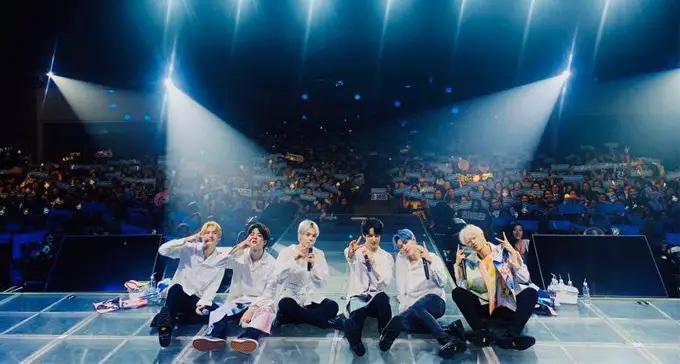
Striving for Balance and Transparency
While the K-pop industry continues to thrive globally, it is crucial to acknowledge the challenges and pressures faced by its idols behind the scenes. As the industry evolves, there is a growing call for transparency, fair treatment, and improved support systems to safeguard the physical and mental well-being of K-pop idols. By addressing these issues, the industry can create a more sustainable environment where idols can flourish creatively while maintaining their health and personal integrity.




